Wisdom
What it is
We’ve grieved for the way the world is- that it isn’t as easy to change as we previously hoped. We’ve grieved for the distance our movement involvement has inserted into our closest relationships. And, we’ve grieved for the relationships we’ve lost due to inter-movement conflict. Grief might be forever, to some extent, but at this stage it’s largely integrated.
How Veteran Organizers Stay Motivated
Participants who were still involved in the movement could all identify self-talk they use to motivate their continued involvement and to make peace with how the world is.
What can we do now, in order to be able to do tomorrow what we are unable to do today?
Organizers make peace with the enormity of the problem by considering how today's actions, however small, might raise the capacity of the movement to do bigger things in the future.
“Use the disappointments we encounter as opportunities to learn and grow ourselves, each other, and the movement. Our efforts are going to be a part of history… just as we're standing on the shoulders of those who came before us, newer folks will stand on ours. It doesn't matter if you're not the one or if your group wasn't the one to achieve what you set out to do…it's still in motion. You can't stop this train.”
Dani Rukin
“I think one way I deal with that is just, I think: what I can do strategically right now for the greater amount of animals over time? But then I also keep in mind that every little thing that I do to help animals, even if it's one animal, is worth it, which is a huge thing to keep in mind. Even one animal's life that's been changed for the better is worth it to me.”
Anonymous
“So also, if I start feeling that way, then I try to reconsider, like, ‘Okay, am I doing everything in my power to be able to make change?... I almost try to flip it into a motivating factor. Like, this is such a huge problem. I need to devote as much as I possibly can, am I doing that, then?”
Anonymous
“I cannot single-handedly stop factory farming. Maybe it'll happen 100 years after I die or whatever. But I'm confident that it will happen, because the cognitive dissonance is just too gigantic.”
Anonymous

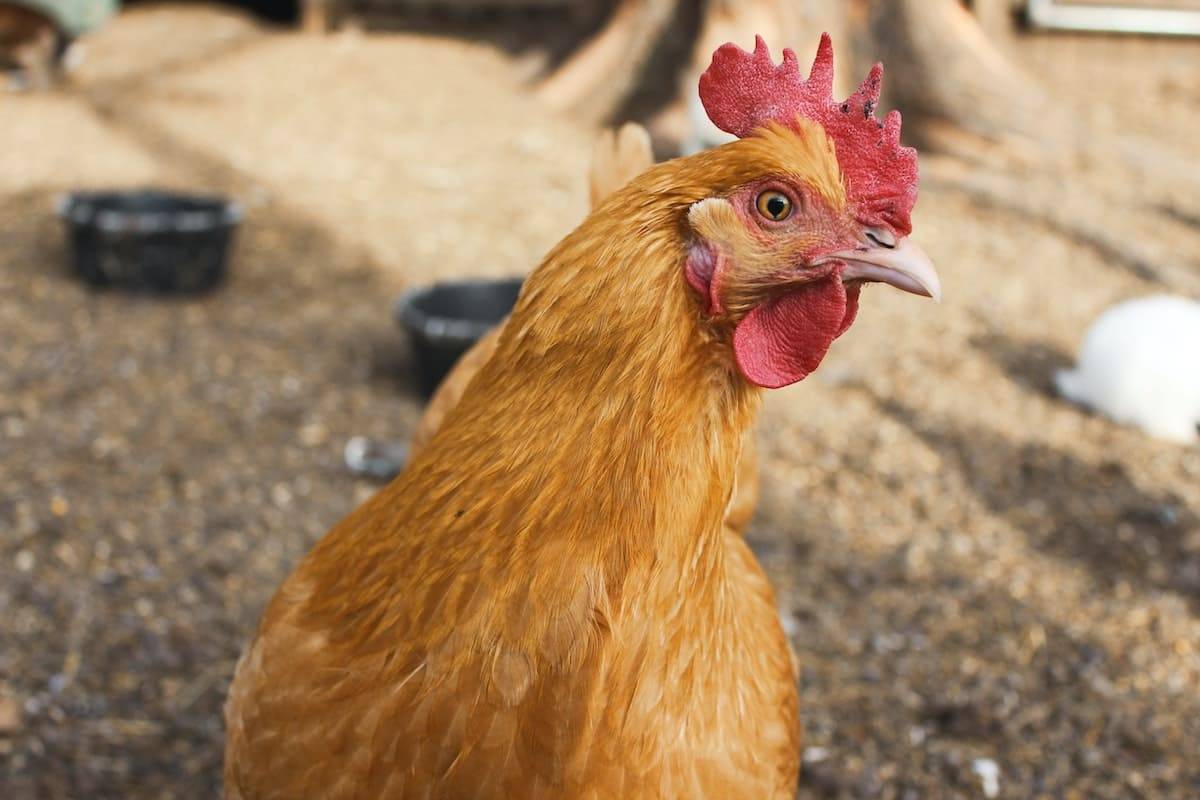
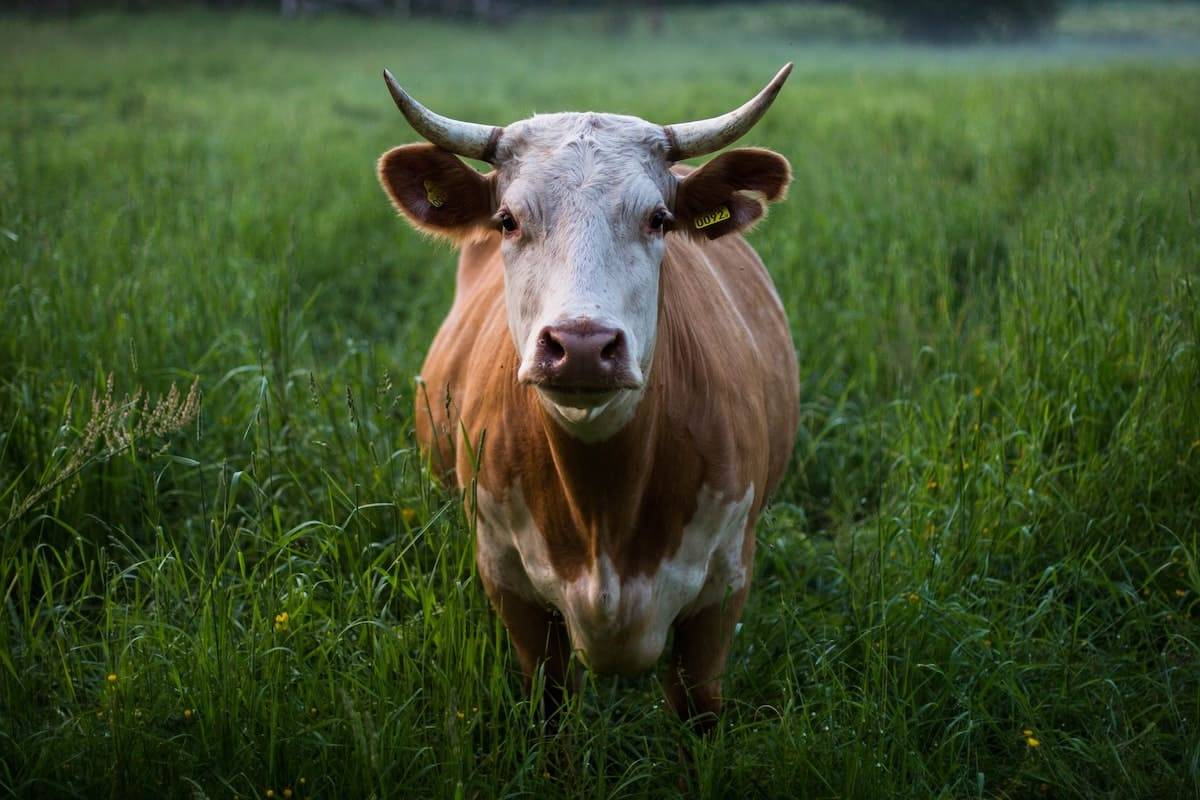
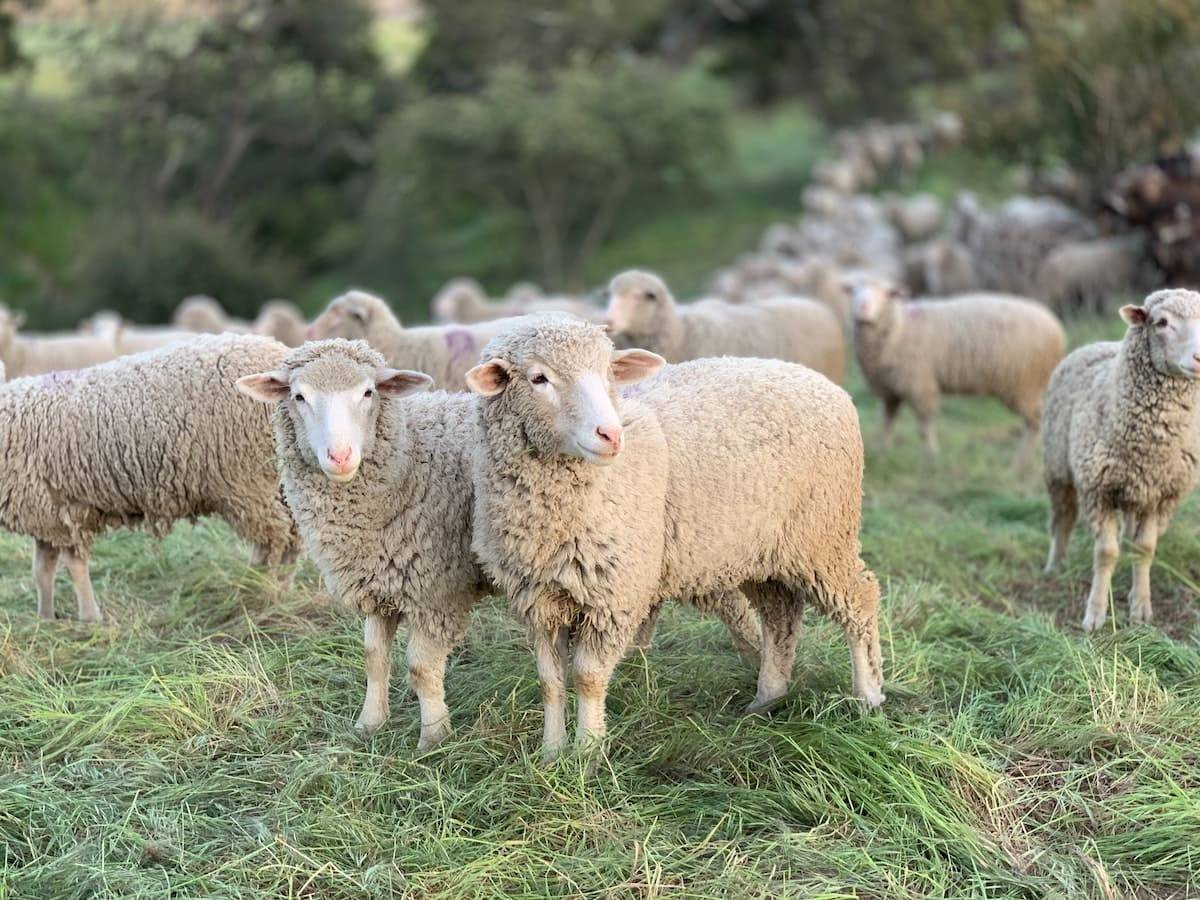
Acting in our own integrity regardless of the outcomes
Some participants expressed a sense that even if we fail, working on the problem is an important way to preserve self-respect and an internal sense of integrity.
“Let's just say it wasn't possible, and it's not going to change anything. Me sitting and crying and being depressed doesn't make me feel better. Even if it is just a selfish thing, it's an outlet. It's like therapy, I'm gonna go out there and yell or I'm gonna go to a city council meeting and at least try to change some shit. I think that's the biggest thing- people just don't think it's possible, so they don't even want to try.”
Sasha Zemmel
“Regardless of how big this problem is, and how seemingly little impact that we might have, it's about being a part of something greater than myself. It's about being a part of a movement for people who are oppressed beyond belief. We just have to do something for them. And so as long as I'm doing something, I feel pretty motivated.”
Rev. Robert Ryugen Doshin Yamada
"As individuals we can be part of the problem or we can be part of the solution. I don't have control over the bigger picture, but I can choose to participate in what makes me a better human and then feel good about that when I go to sleep at night."
Brittany Michelson
“I know even when I have those thoughts, that doesn't change what the right thing to do is… So I've committed to persist, regardless of that feeling that sort of intrudes now and then about the vastness of the problem. Even if it doesn't happen in my lifetime, that's okay. If it happens based on our effort, that's okay. And if it never happens, I'm still happy. I'm still happy to do this work. And it's worth doing, and we're doing it for the right reasons.”
Isaac Farias
“I feel like I'm doing something, and that helps. You almost have to do stuff. I can't not do it. Sitting around doing nothing is harder than doing something.”
Cordelia Stone
“I think the way I've dealt with that is actually a lot through Buddhism, because they often talk about the vastness of the suffering, to not be overwhelmed by that… If it's meeting my needs in the moment, then I'm just going to keep doing that. And not focusing so much on getting lost in the future at all- making plans is not getting lost in the future. But if I'm trying to fantasize about what, in what lifetime or how many years or how many decades it’s going to take to end this or what the world would be like- I don't waste my time anymore. Because I've seen through practice that doesn't help. It doesn't motivate me. And if I want to stay motivated, I just have to stay present.”
David Michelson

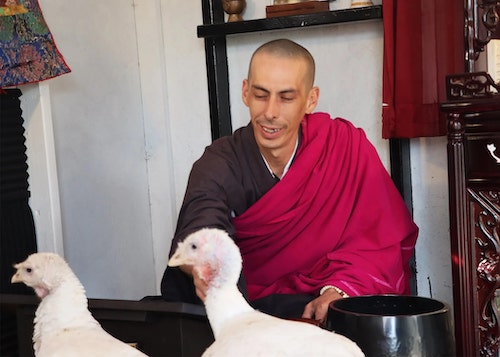
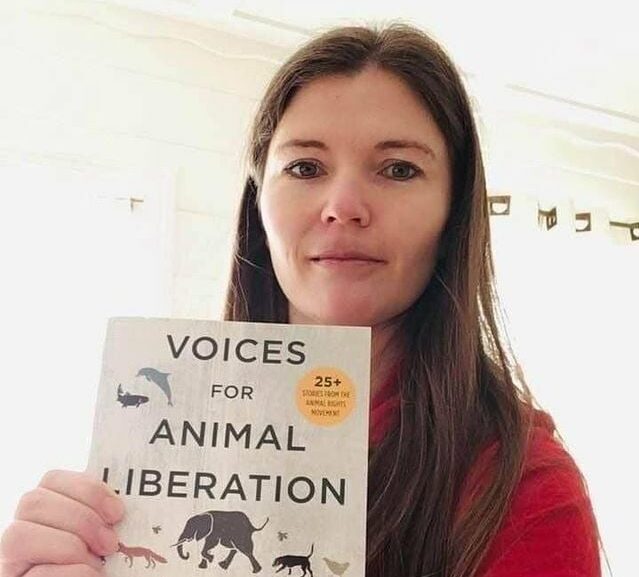
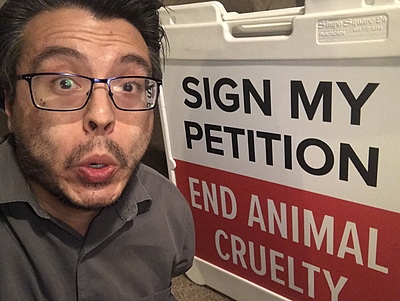


It’ll take some time
Longtime organizers who stay involved understand the enormity of the problem and the length of time it’ll take to address. They’ve largely made peace with it.
“I have come to terms with the idea that I will never see the future that I'm fighting for. That has taken lots of lots of self-therapy, lots of self-healing. Me as a teenager, I was very much fighting for a future where I would be able to live, where everyone's vegan, and everyone understands the plight of animals in all directions, all the way down to plankton, and it's taken me a long time to kind of come to terms with that… But as long as it keeps improving, then that's where my satisfaction is.”
Anonymous
“I try to remember that you're not going to see the impact that you're making right away and I try to think that the action that we take is going to be relative over time. And it might change. Hopefully, it snowballs in conjunction with other actions that other people are doing.”
Rachel Golusinski
“Also, just recognizing that there does need to be work done. It's probably going to take a really really long time to even really register in public consciousness, but everything has to start somewhere. I feel like in some ways, things are just starting.”
Jeff Stanek
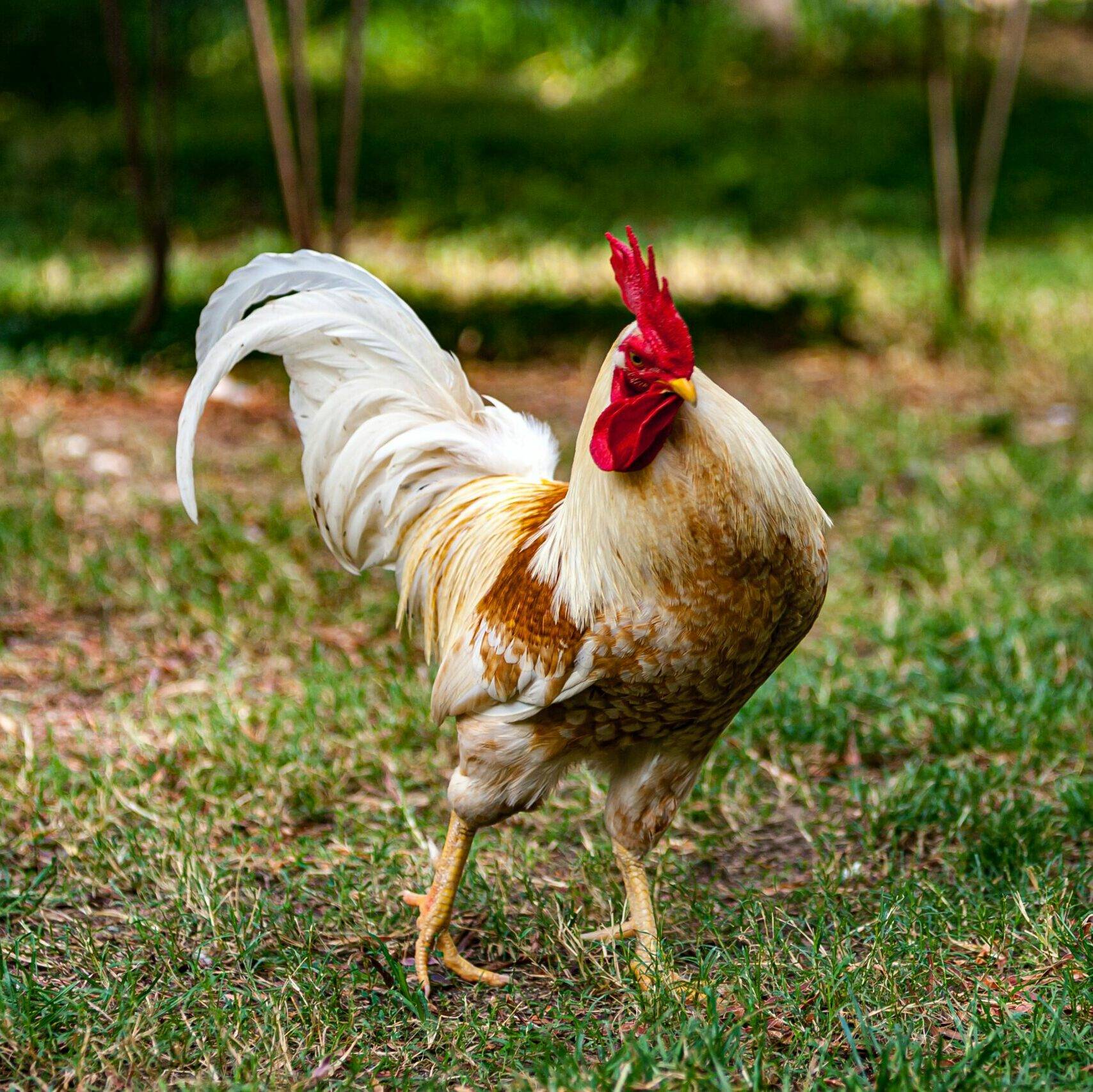
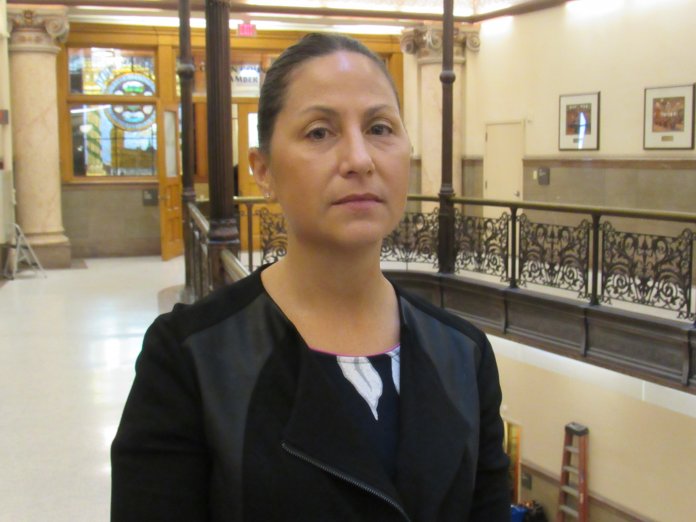
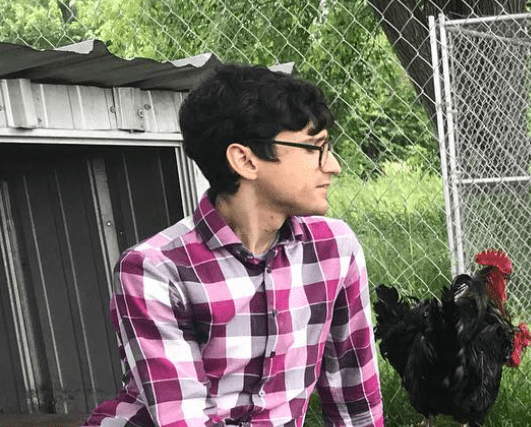
Connection to Community
Participants consciously lean on their connection to a larger community of people doing this work in order to stay motivated and supported.
“I think knowing that there are people who devote their entire lives to doing something about this injustice, whether it's running a sanctuary, or doing rescues, or doing really hardcore organizing. There are so many people who are doing everything that they can, and I find that really motivational.”
Jeff Stanek
“It's nourishing now, just being among my people, our people. I mean, I'm sure you get it. They see the world as I do and that is a huge effing thing.”
Tony Hoppe
“I think what also helps is having community, being part of community, whether online or in person or both, having friends who are vegan… All of that sustains my veganism and my being involved as an advocate.”
Anonymous

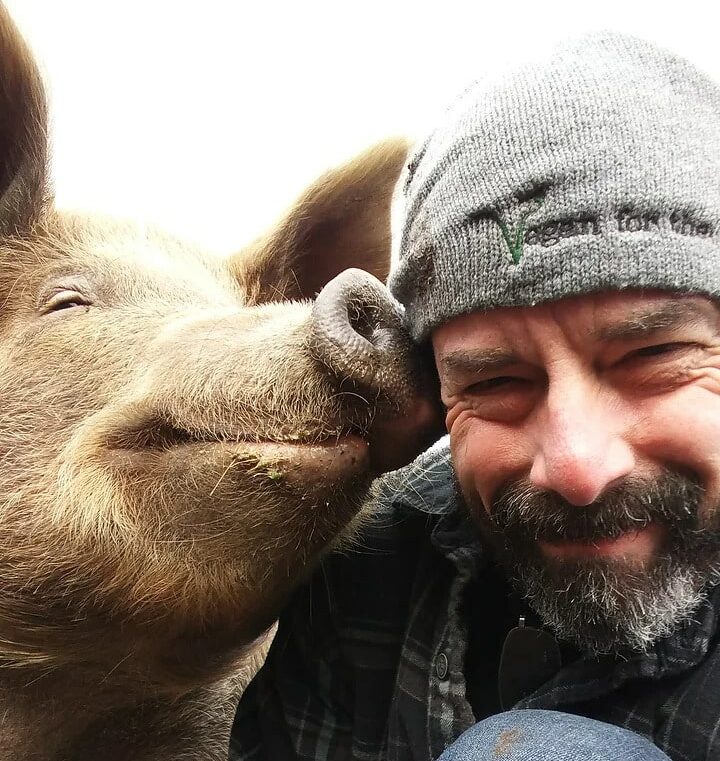
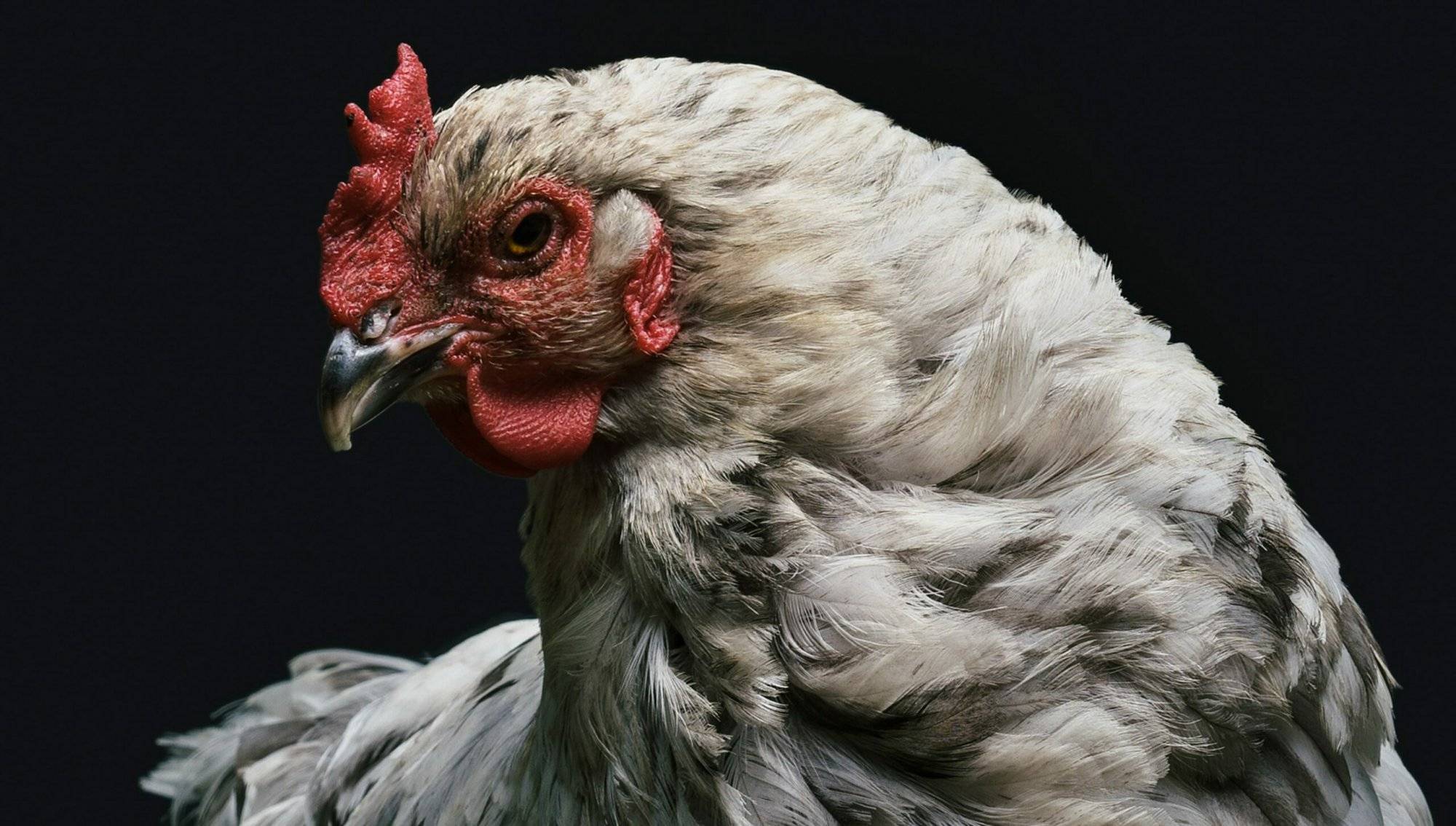
Drops in the bucket
Organizers express peace with their relatively small contribution to a larger cause. They know that even though their names won’t be in the history books, their lives have meaning because of the work they’re doing.
“I may not know the impact, whether it's a social media post or an event or something, that someone may access. That may be part of what changes their mind and heart, and I just may never know it. So I think that the unknown of it, so to speak, also keeps me going.”
Anonymous
“So try to find ways that you feel like you can contribute… just be more drops of water in the bucket. You're never going to be the bucket, yourself. You're not going to be the one who fucking figures out the puzzle and unlocks animal liberation. None of us are, we're all just one piece of a puzzle.”
Jeremy Beckham
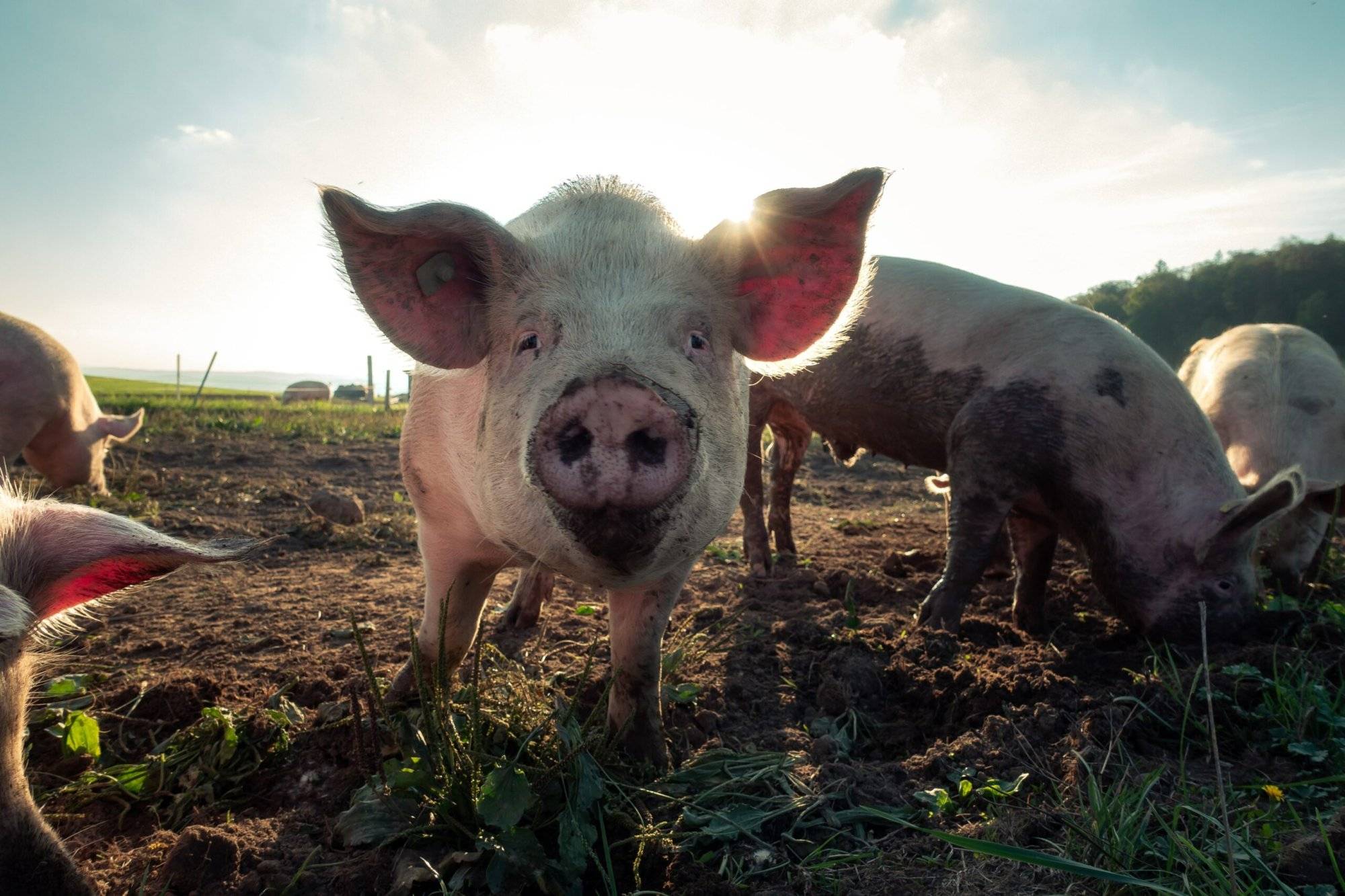

Grieving lost relationships
Study participants understand that it takes a lot of energy to engage with their loved ones about the issue of animal agriculture. They consciously moderate the energy that they put into relationships without shared reality on the issue. They understand that time spent in a “bubble” of other vegans and activists is nourishing and comfortable, and they spend time outside that bubble, too.
Many refused to identify themselves as radical, insisting that their views are reasonable and that opposing animal rights is actually extreme. Even so, participants often discussed loss of family relationships and friendships in relation to the movement. We wish that our family and friends saw the issue through our eyes or would make minor accommodations to make us comfortable. While advocates responded to these situations in a variety of ways- by participating in relationships in a perfunctory way, disengaging in them all together, or by seeking closeness that worked around their differences- some expression of this grief was made by nearly every participant.
“I was trying so hard to get them to be more vegan… I was just like, I'm focusing so much on these four individuals. Where if I took that time, I could create spaces where people can come when they're ready. And so that was a really helpful shift for me. With my family, I just don't talk about it very much… My mother has never been to an event I have done, and I have done hundreds.”
Anonymous
“Being in a bubble helps. As much as I do think it can be a bad thing… it definitely does help.”
Amber Canavan
“Yeah, I think that one of the big selling points for veganism often is that marketing. Like, nothing will change, you'll eat the same foods, people will totally respect your choice, whatever that means. Everything will be the same and your relationships won't change. And I think that was just not the case for me.”
Alex Kahn
“I became a really, you know, the term ‘angry vegan.’ So I was trying to distance myself from them, trying to prove a point, like, if you're not going to be vegan, I'm not going to eat with you, and all of these things. And I think that really damaged our relationship. But now I'm at the point where I'm like, I can't physically force you to do anything. All I can do is encourage you. And now they’re both eating more plant based. So I wish I would have done that so long ago. Live and learn.”
Anonymous
“And it amazes me that in so many avenues of life, I can kind of detach and prioritize… but as soon as it comes to like, what restaurant do I suggest to make sure there are no animal products though, I'm getting so anxious, you know? So with family, it's tough. And I think that it can be one of the most disappointing things with a kind of lifestyle shift like this because it's the people that I know and care about. I think they would get it and then they just don't get it.”
Alex Kahn
“Now that I'm at that level of processing, I've been able to engage in an amicable relationship with my mom, even though I think there's always going to be a little bit of a sadness, maybe. But initially it was more frustration.”
David Michelson
“I just think it's sad that they're missing out on an opportunity to be part of my life… So I think if you can mourn the loss of the family that… you need and deserve, that is helpful. And then you kind of figure out, where can I connect with them?”
Anonymous
“I told them I wasn't going to attend any holidays that had animal products, and so they did a vegan Hanukkah celebration for me. And that was really nice. At one point, one of my uncles tried to bring a non-vegan cake into the house. And my mom said, ‘No, you have to put that back in the car. You're not welcome inside,’ because it was at her house, the party. And so I was very proud. She loves me very much.”
David Michelson
“Yeah, there's always events like that. I just don't go to them. If it's something big like a wedding. I try to let them know that I'd only be there for the ceremony part of it… I try to balance, right? I show them that I care, and you're important to me, but at the same time, I can't condone what you're still supporting. But mostly I just don't want to.”
AJ Jivdaya

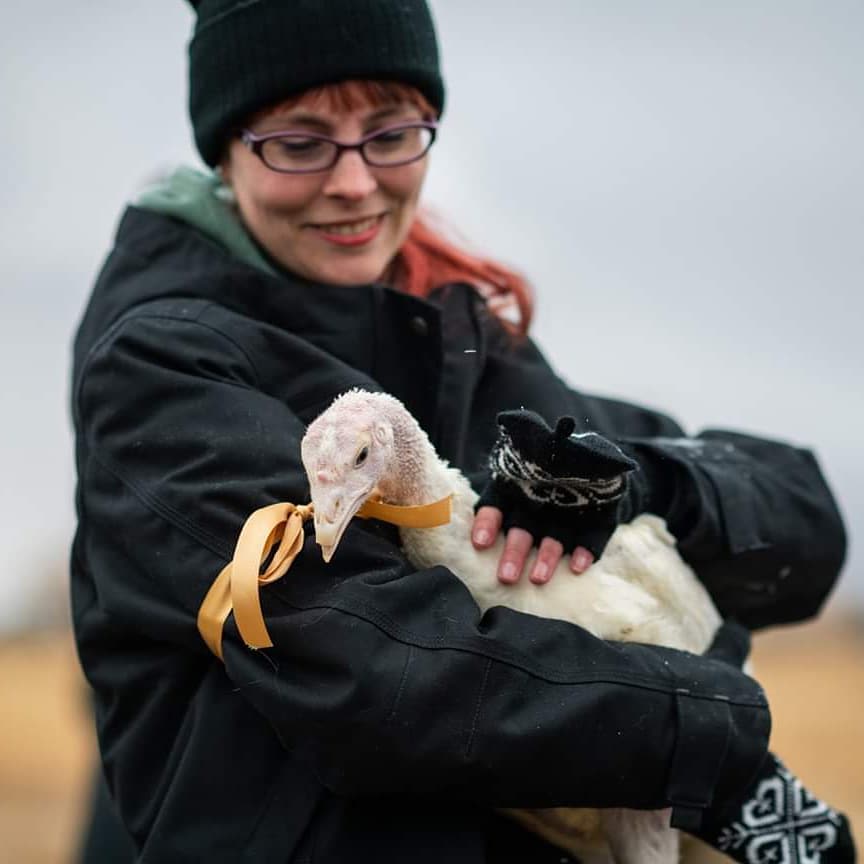
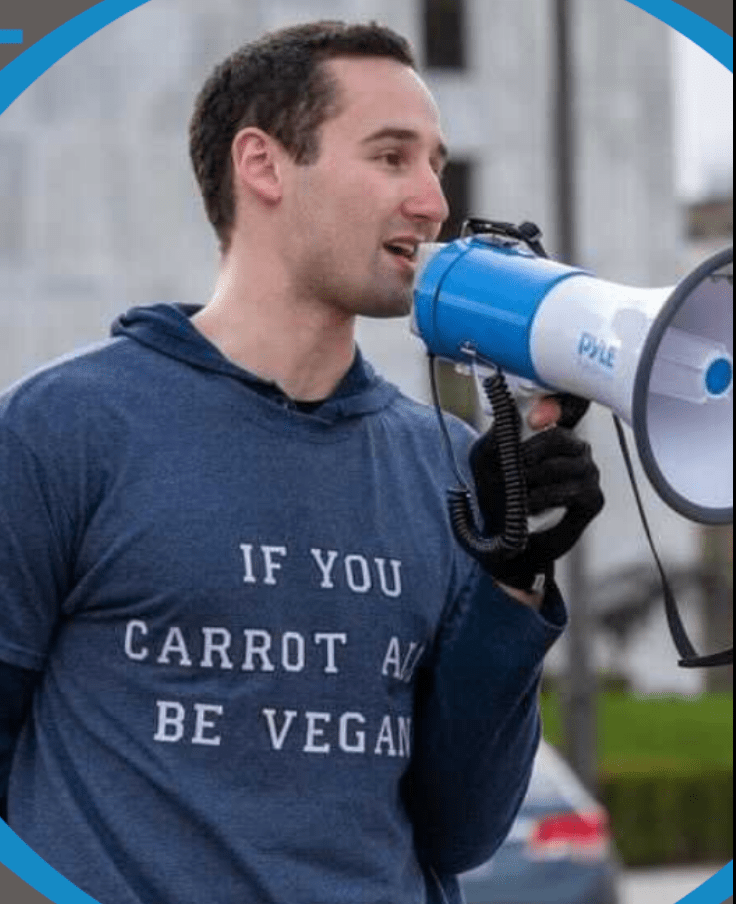
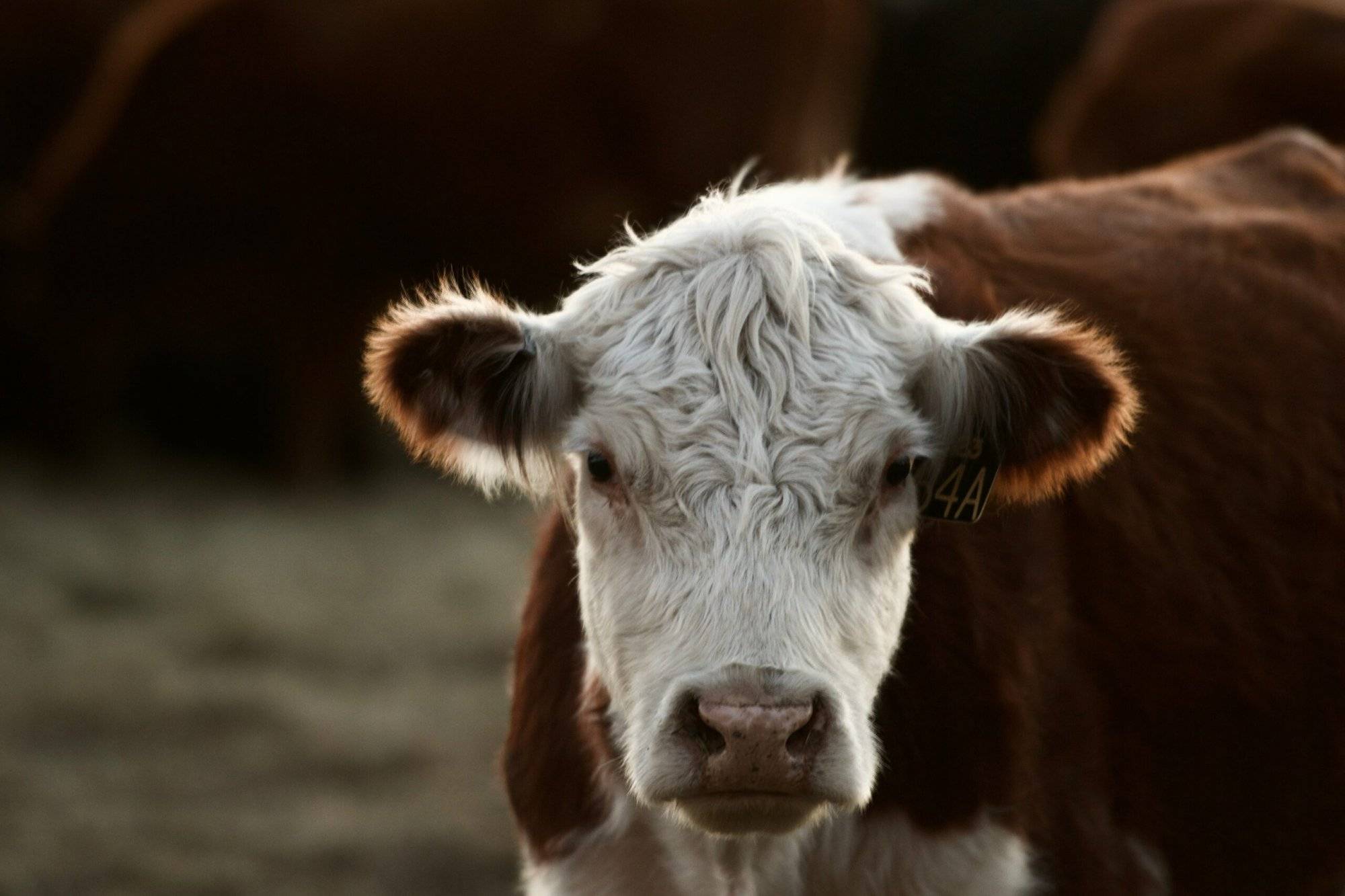


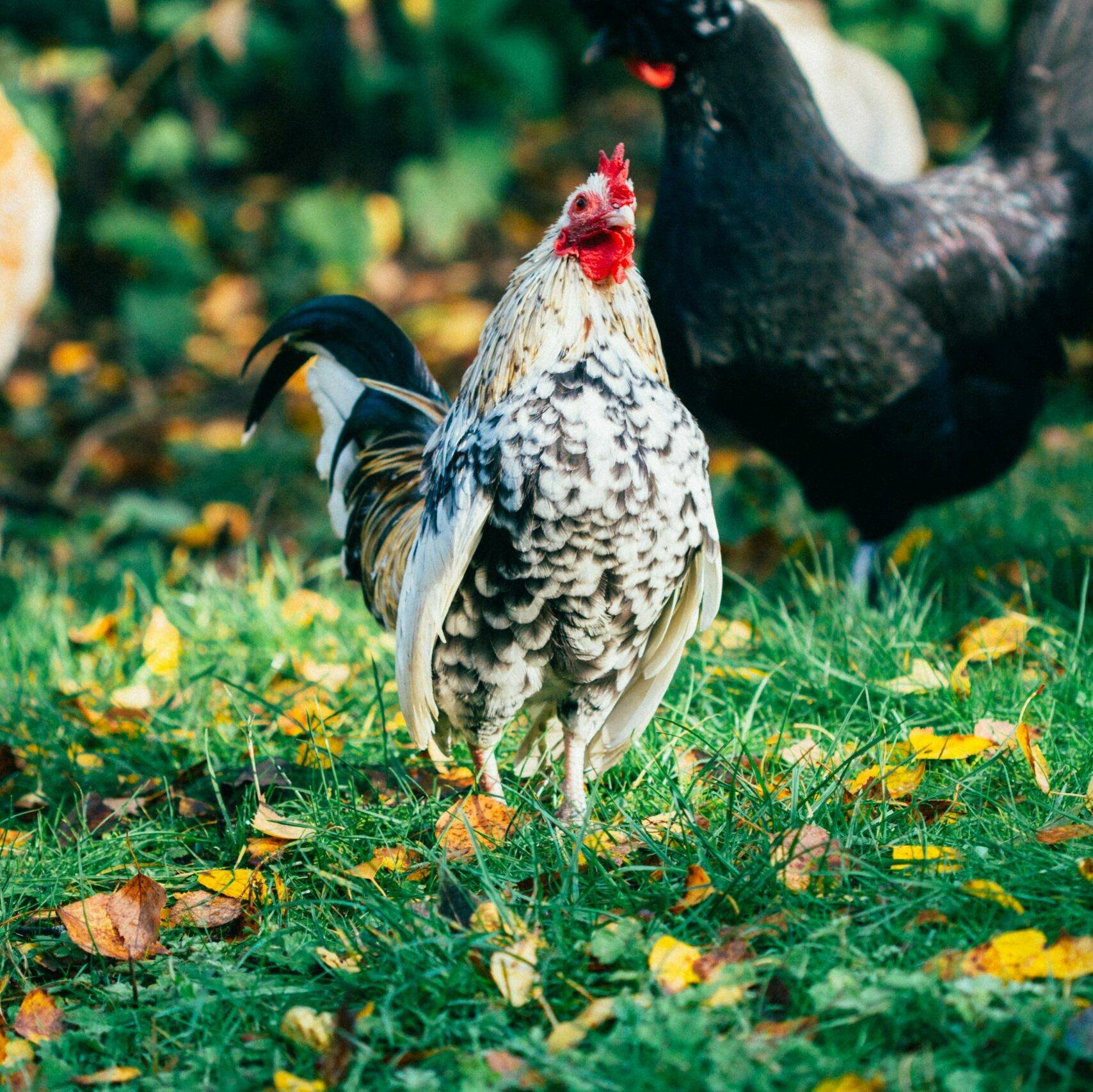


What we need
Inspiration
Mourning and Ritual
Conflict Resolution
Where we go from here?
This is the work! If you take one thing away from this study, let it be this: as of now, animal rights organizers are in frighteningly small numbers and each one of us is irreplaceable.
While conflicts between us are normal and necessary, it is absolutely worth our time to resolve those conflicts. And, it is even more worth our time to prepare systems and agreements for when conflicts happen. Of course, conflict is exhausting work. Don’t mistake your momentary exhaustion with the belief that conflict isn’t worth the energy.
I don’t mean to say that we mustn’t rest until we’re all friends again- certainly there are moments when some separation is resolution. But in general, I wish that, during conflicts, we remembered how costly it is to alienate ourselves from another piece of a small community. For more advice on where to start, check out Pax Fauna’s policy, the Joy of Conflict.
Inspiration
Grassroots organizations are in the business of manufacturing inspiration. Imagine running a restaurant and never feeding the people you depend on the most! Make sure everyone gets a chance to experience the excitement your work has to offer.
Encourage your people to go to conferences, and organize more of them: especially regional gatherings with a lower barrier to entry.
Mourning and Ritual
Consider both the horror that is animal agriculture and the loss of our allies in this work.
Conflict Resolution
Organizers and organizations should remember that conflict is:
- Normal
- Natural, and
- Worth some work
I recommend that organizers plan ahead by creating a conflict resolution system. If possible, create this while your organization is not facing an active conflict. A conflict resolution system should answer the following questions:
- How do you plan to instill norms around healthy conflict in your group, such as giving and receiving feedback and avoiding blame?
- While this question is important, do not expect its answer to completely prevent the need to answer the following questions.
- How do you expect people to behave in conflict? Is there a code of conduct you’d like people to agree to?
- How does someone formalize a conflict? E.g., how does one initiate the conflict resolution process?
- What happens after the conflict resolution process has been initiated? When do you know if it’s over?
- What resources are you willing to invest in conflict resolution? Where will you turn to for mediation when necessary?
- Under what circumstances will someone be asked to leave? Who decides?
- What other hypothetical solutions might be available to you? Is your organization big enough to have organizers working on separate teams?
- How will you make the conflict resolution system known and remembered throughout your organization?